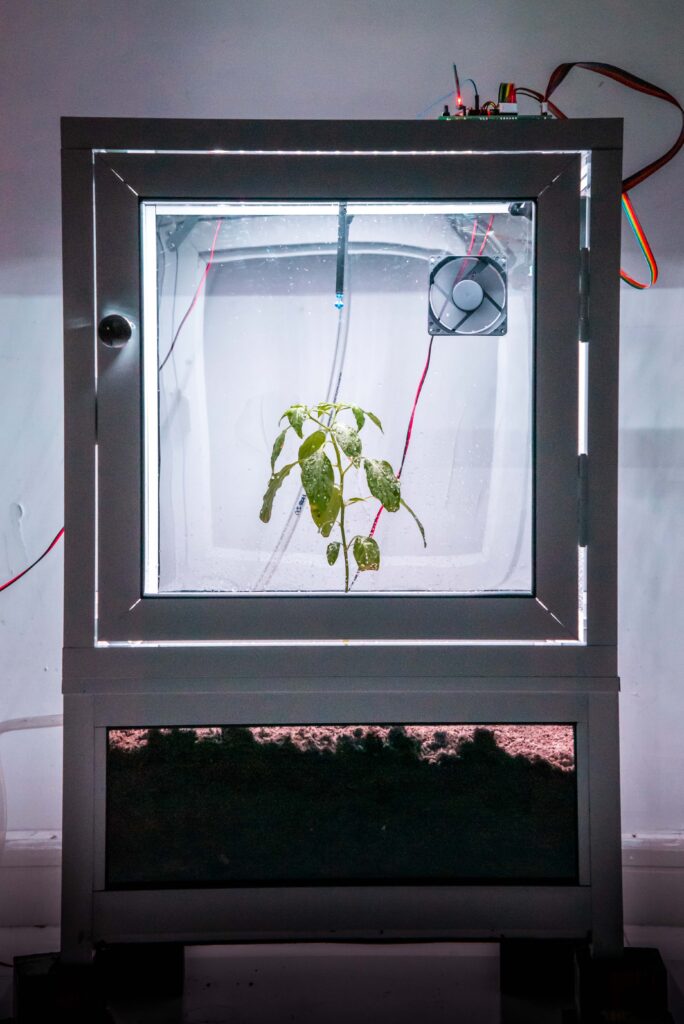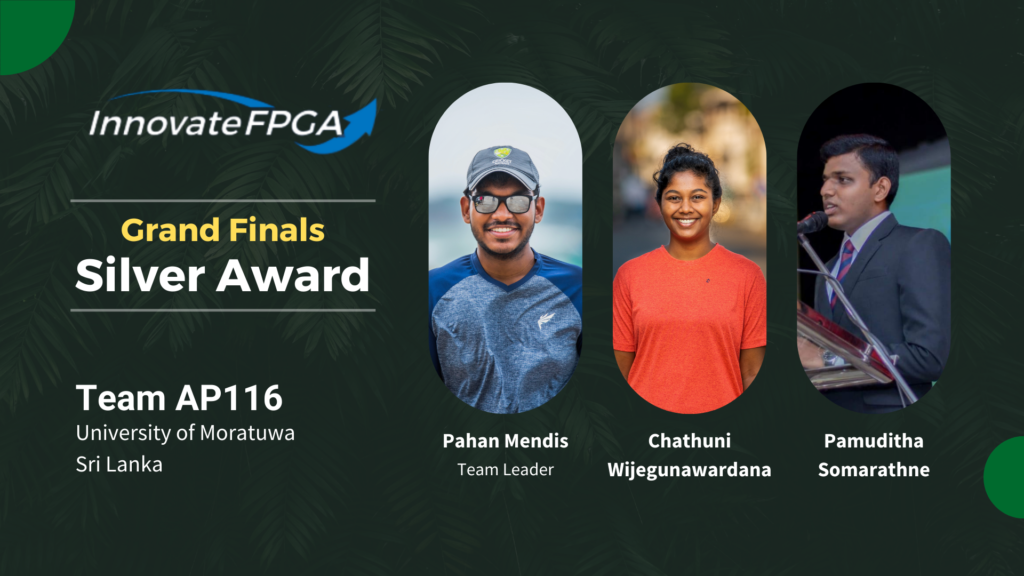SPARK Award Ceremony and Launch
At the SPARK award ceremony and launch the three top teams that proposed engineering solutions to problems that affect the society addressing the Sustainable Development Goals (https://sdgs.un.org/goals) won awards and cash prizes. This was after a year-long process of ideation and prototype development by many teams. Ten teams reached the final pitching round held on July 24, 2022. An eminent panel of judges comprising Mr. Fayaz Hudah, Mr. Chalinda Abeykon and Mr. Josh Robsen made the selection of winners.
Supun Kuruppu, Chirantha Kurukulasooriya, Dumindu Bandara, and Biyon Fernando as Team Phantom won the grand prize, a trophy and a cash prize of Rs 600,000. As the coral population throughout the world is rapidly declining due to the prevailing climate crisis and toxic human activities, Team Phantom proposed to collect the coral gametes using a robot to subsequently provide proper conditions for growth. The proposed robot automates the current process which the scientists have to undergo diving and collecting the gametes by themselves.
First runners up, Team Axon, comprised Nuwan Bandara, Sahan Hettiarachchi, Kulunu Dayasekara, Dasun Premathilake. They proposed a system to monitor the depth of anesthesia to tailor the drug administration to the individual patient, thus preventing excessive anesthetic depth and improves patients’ outcome. Second runners up, Team Fix-It, comprising Sahan Viduranga, Isuru Munasinghe, Yomali Lokugama, and Vishawa Oshadha introduced a system that continuously checks the pollutant levels of water in rivers and reservoirs. The two teams won Rs 300,000 and Rs 100,000 respectively.
Following the award ceremony, the SAPRK project launched the 2022-2023 challenge that includes the students of the Intake 2020. The event took place on July 30, 2022, at the Civil Engineering Auditorium. Mr. Heminda Jayaweera delivered the keynote address. The award ceremony and launch were educational, and exiting for all the participants.
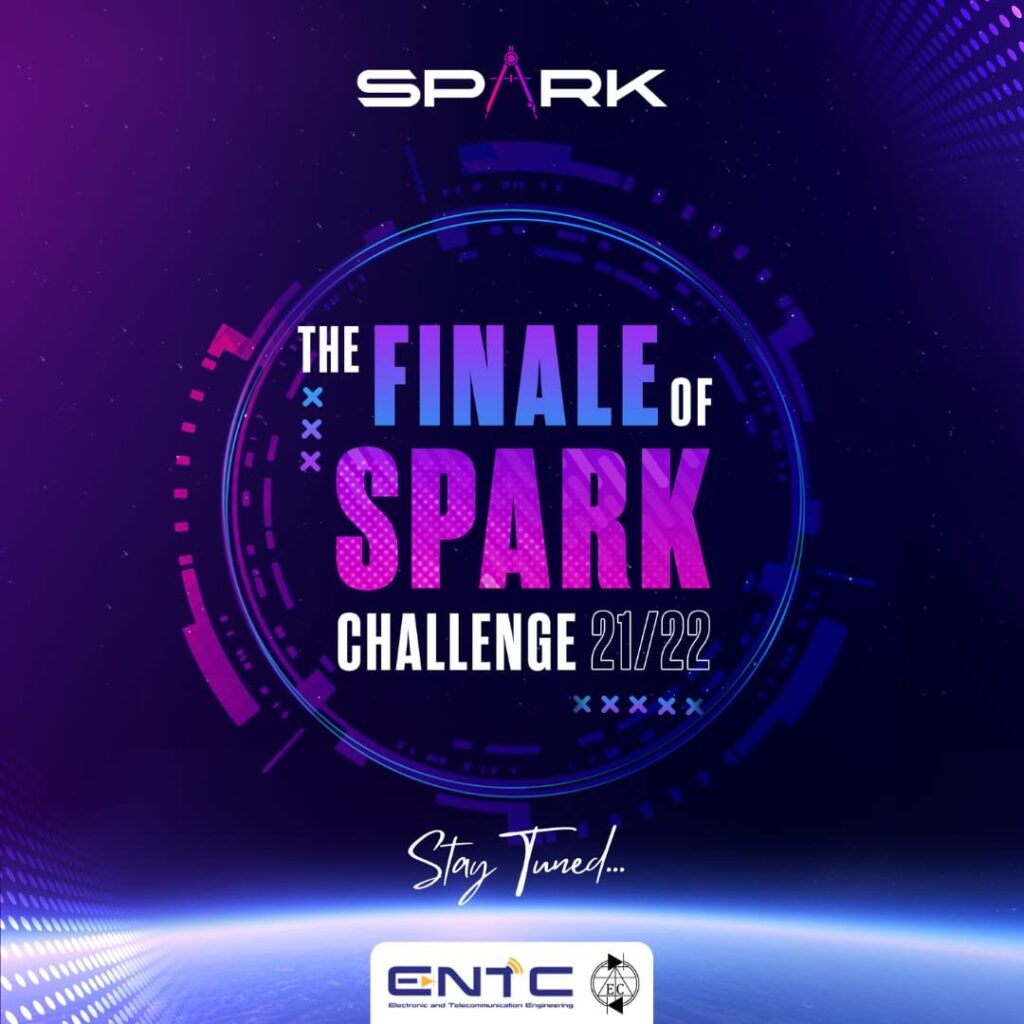
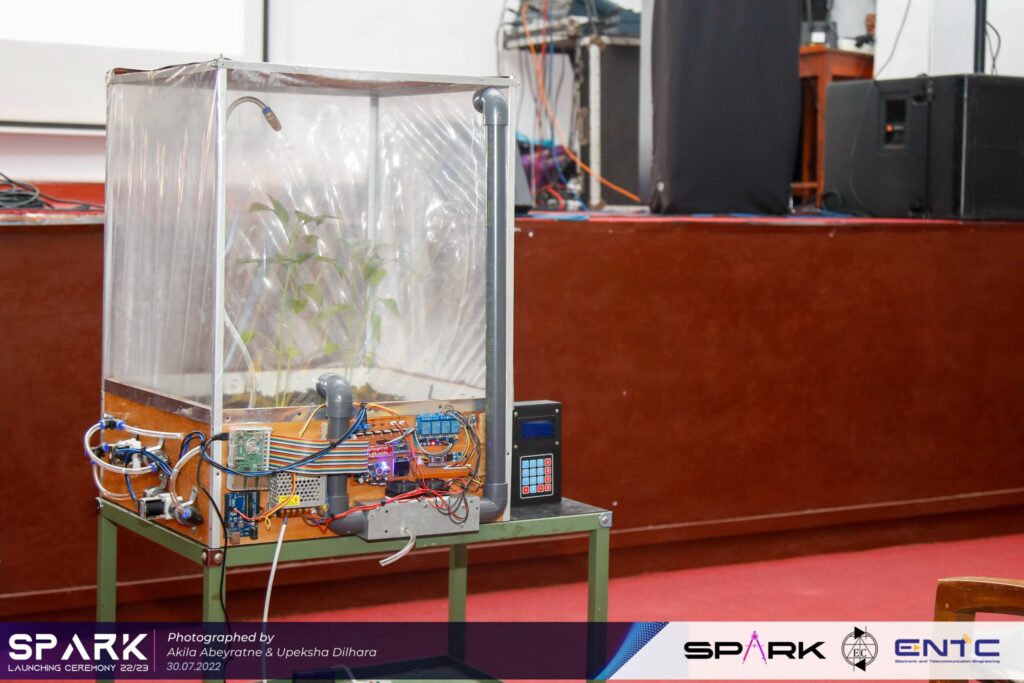
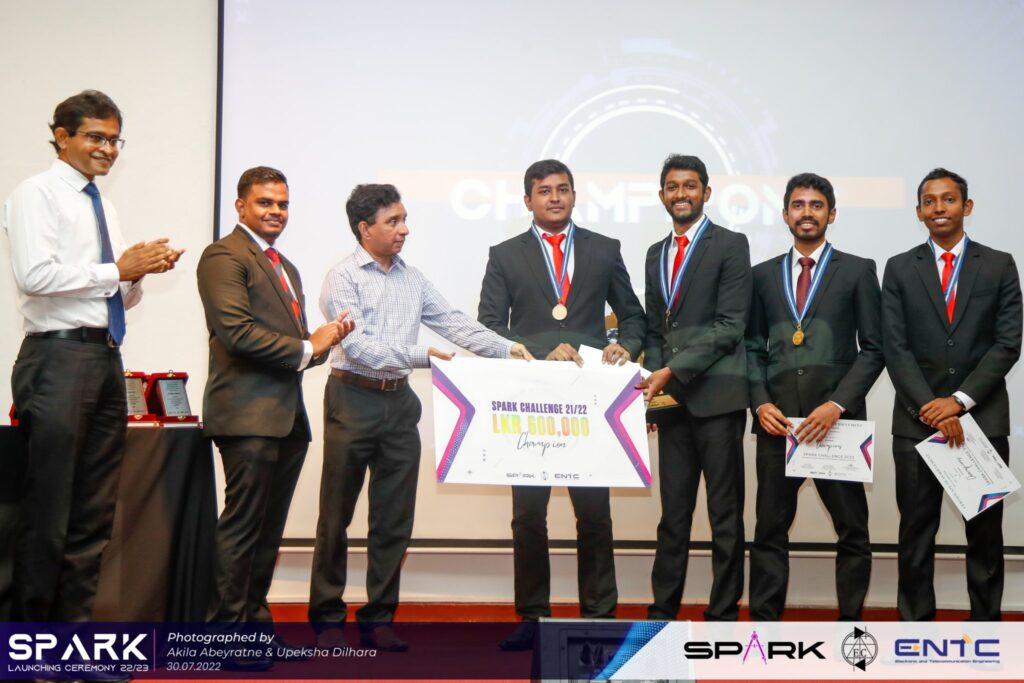
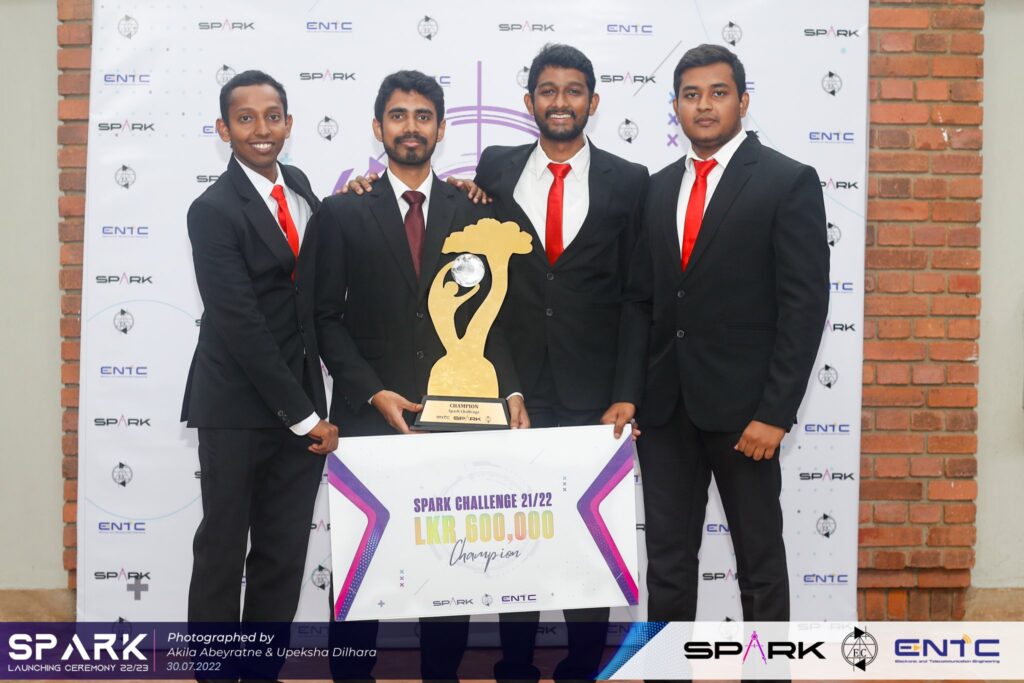
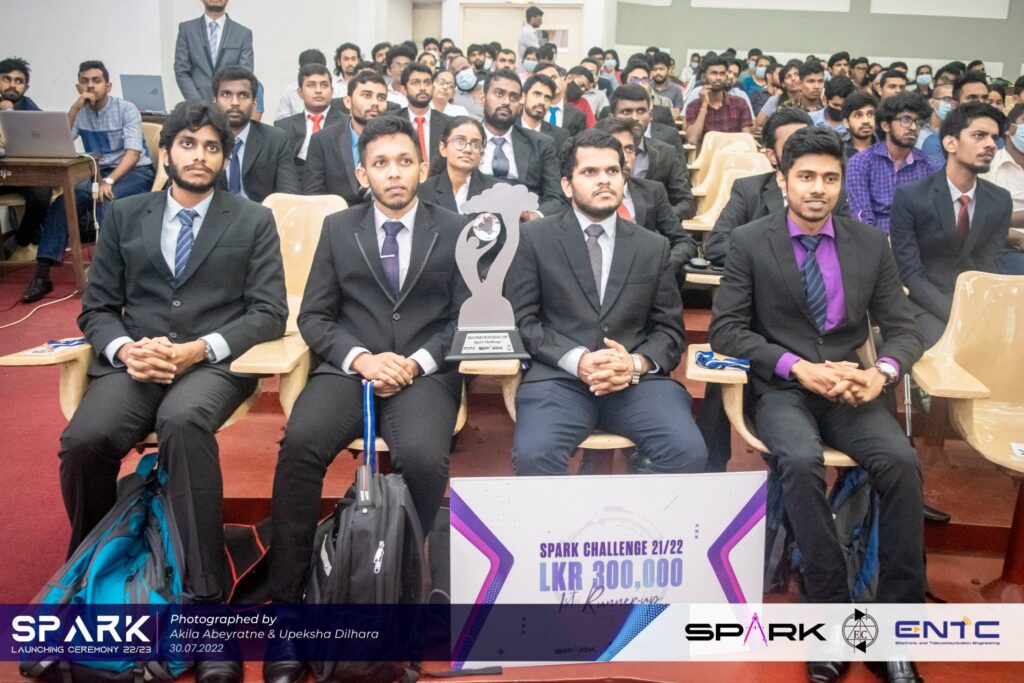
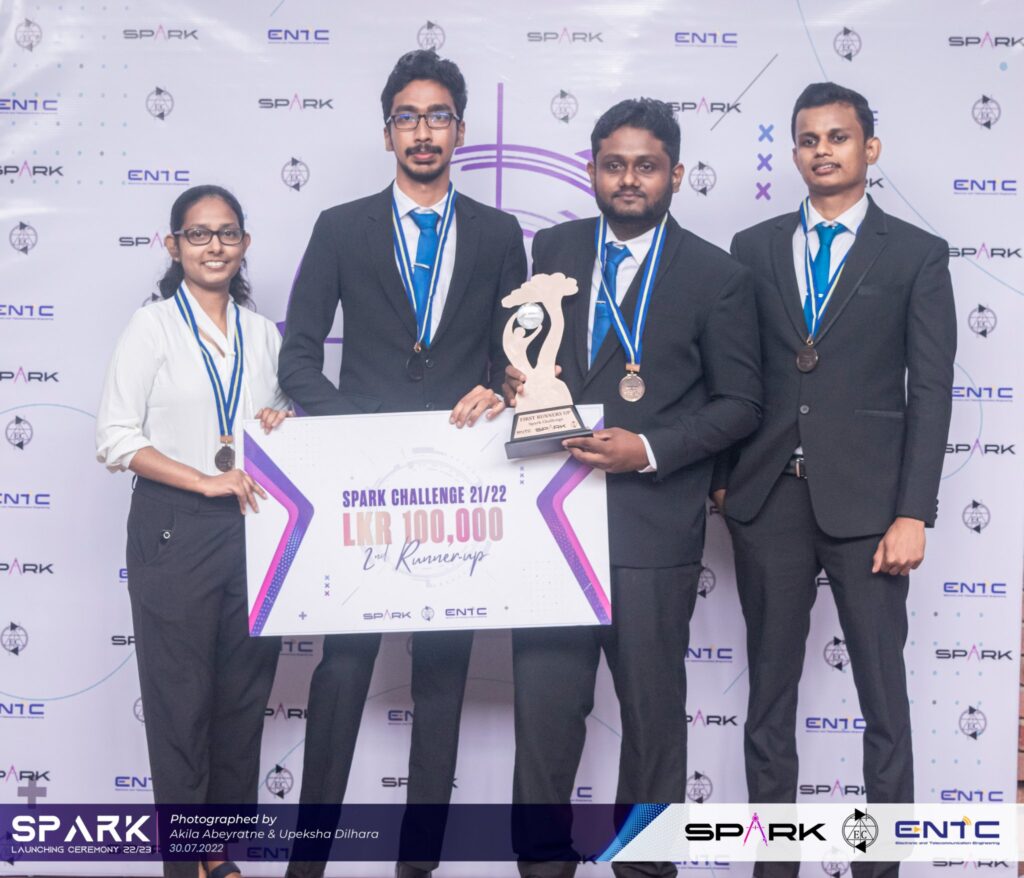
SPARK Pitching Sessions
SPARK project aims to drive projects that solve crucial problems that mankind faces such as climate change, food scarcity, and inequality in education though the application of engineering principles. All these are important aspects of the 17 Sustainable Development Goals (https://sdgs.un.org/goals). Approximately 35 student teams worked on developing solutions to problems that address one or more such goals. Ten groups were able to propose fully-developed ideas and make prototypes. This was possible after a long-term training provided by SAPRK with the involvement of foreign trainers.
As the culmination of this year-long process, the ten groups pitched their projects to an eminent panel of judges comprising Mr. Heminda Jayaweera, Mr. Fayaz Hudah, Mr. Chalinda Abeykon and Mr. Josh Robsen. This pitching session took place on July 24, 2022 at the Department of Electronic and Telecommunication Engineering in a vibrant setting with many students and staff members watching and deliberating about the possible impact of the projects.
Read MoreTeam AP116 wins Silver Award in the Grand Finals of InnovateFPGA Design Contest 2021/22
Team AP116, representing Pahan Mendis, Chathuni Wijegunawardana and Pamuditha Somarathne from the Department of Electronics and Telecommunication Engineering, has won the Gold Award in the Asia Pacific and Japan(APJ) region and the Silver Award from the whole world in InnovateFPGA Design Contest 2021/22. The team was guided by Dr. Ajith Pasqual as a faculty advisor and Mr. Abarajithan Gnaneswaran and Mr. Kithmin Wickramasinghe. This is the first time that a team from Sri Lanka has received one of top three prizes in this competition.
The InnovateFPGA Design Contest is a global competition based on Intel FPGAs, which is organized by Terasic Inc. with the collaboration of Intel Cooperation, Analog Devices, Microsoft as diamond sponsors and Digi-key, Mouser Electronics, Arrow Electronics and Macnica as gold sponsors. The theme for this year’s competition was ‘Connecting the edge for a sustainable future’. The teams were encouraged to utilize Intel FPGA Cloud Connectivity Kit, Microsoft Azure IoT and Analog Devices Plug-in boards in their projects.
To address these objectives, our team brought forth a concept of the Green Machine, a smart, user-friendly, domestic mini-greenhouse system to enable users to grow and efficiently monitor and tend to plants with much ease. This is suitable for domestic users to grow their own food in their homes. Also, due its modular design, the farmers can combine multiple units of Green Machines for cultivation in small to large scale farms. The condition within the Green Machine is monitored using a set of sensors and cameras and the sensor and image data is sent to the Terasic DE-10 Nano, a development kit based on Intel CycloneV SoC FPGA, for processing. After the processing, the sensor and image data are transferred to a Cosmos Database System on Microsoft Azure to be analyzed for further optimizations. Our team initially submitted their proposal back in October and got selected to the regional semi-finals along with 74 other teams in the APJ region. Then, they received the Intel Cloud Connectivity Kit with Terasic DE10 Nano Development board and 3 plug-in boards from Analog Devices to develop their project. They submitted a detailed design paper and a demo video in April and got selected to the regional finals. They went through a virtual QnA session with judges from Terasic, Intel, Microsoft and Analog Devices during the regional finals and emerged as the Gold Award Winners in the APJ region. With that, they were invited to the Grand Finals at the Intel Innovation Campus in San Jose, California, USA with 10 other teams around the world. Unfortunately, due to the rising covid cases in California, the Grand Finals later shifted into a virtual format. Nevertheless, our team presented their project with several improvements, to the Grand Finals in June and received much appreciation for its sustainability impact and the project presentation. The event was judged by experts from Terasic, Intel, Microsoft, Analog Devices and Digi-key.
